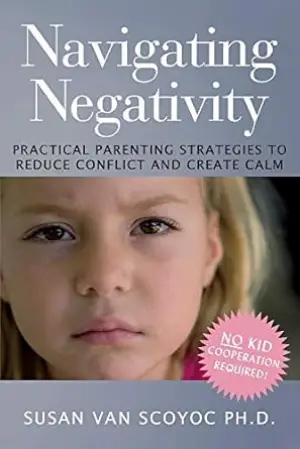I recently dove into Chris Bailey’s The Productivity Project, intrigued by the promise of a fresh, personal, and entertaining exploration of productivity—something that resonates with many in our fast-paced modern world. As someone constantly on the lookout for ways to work smarter, I was compelled to see what insights Bailey could uncover that might aid my own journey.
The book chronicles a year-long adventure where Bailey performs a series of radical productivity experiments on himself, motivating me with the authenticity of his obsession for betterment. From cutting out caffeine and sugar to living in isolation for ten days, each experiment offers a unique lens through which to view productivity. I was particularly drawn to the depth of his research, which included interviews with notable experts like Charles Duhigg and David Allen.
One aspect that stood out to me was Bailey’s engaging storytelling. He possesses a knack for making the science of productivity relatable, injecting personal anecdotes that turned potentially dry subject matter into an enjoyable read. His counterintuitive insights, such as “slowing down to work more deliberately” and “the rule of three,” resonated deeply in my day-to-day life. The idea that aligning my focus with fewer, but strategically chosen tasks could yield better results was a refreshing perspective that I’ve begun implementing.
However, there were a few drawbacks worth noting. Some readers have pointed out that certain experiments Bailey undertook—like going weeks on little to no sleep or drastically altering his daily habits—could be impractical for most people. I found myself agreeing to some extent. While I appreciated his dedication, I questioned the applicability of these extreme strategies to everyday life. For those of us with a multitude of responsibilities, some experiments may feel alien rather than accessible.
Another criticism I encountered was that the book occasionally felt repetitive, particularly in its exploration of the same core principles. I could see how this might become monotonous for some, but personally, I think that repetition can serve to reinforce essential lessons. I found it solidified my understanding and reminded me to internalize these strategies.
In analyzing the insights Chris Bailey presented, I was particularly captivated by his notion of “productive procrastination.” This concept challenged me to view procrastination not as a weakness, but as a potential tool. I found this perspective liberating and begin applying it in my own work schedule, allowing myself rescheduled time for tasks that needed more nurturing.
Ultimately, The Productivity Project met my expectations. It deftly balanced personal experiences, scientific research, and practical advice in a manner that is both engaging and instructive. The book is indeed a treasure trove of over 25 best practices for improving productivity, which I am excited to implement in my own life.
In conclusion, I wholeheartedly recommend The Productivity Project to anyone who is curious about optimizing their personal and work life. Although it does present some outlandish experiments and moments of repetition, the valuable insights and actionable strategies far outweigh these minor drawbacks. Whether you’re looking to overhaul your productivity or just refine your existing habits, Bailey’s journey offers a brilliant starting point.
Unlock your potential and transform your productivity with insights from this essential guide! >>








